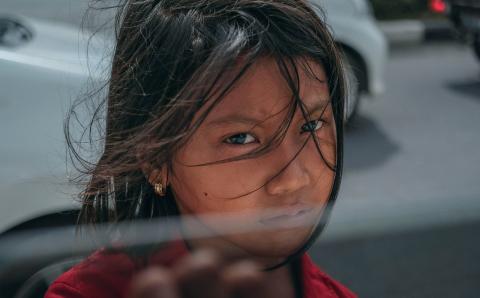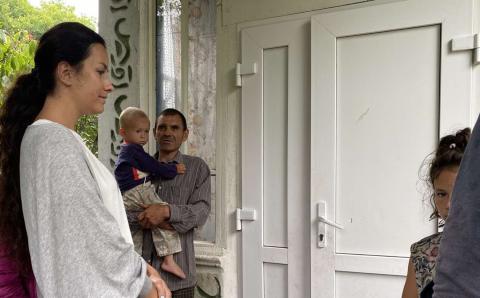Christian Reformed pastor and author Parry Stelter, who is also a survivor of the 1960s scoop, wrote Indigenous People and Jesus: Making the Bible Come Alive. It speaks to the tension between Indigenous people who find comfort within the realm of cultural traditions, those who have abandoned those traditions, and those who look to redeem their culture for the glory of God. Pointing out these varying points of view can lead to disagreements. The author urges all who engage in these conversations to “stop, drop, and pray,” rather than condemn and argue. He further encourages those who are working to redeem their culture through the light of Jesus to consult Scripture, pray for guidance, seek Godly counsel, and address their own conscience.
Stelter speaks to the effects of intergenerational trauma within the context of his own life by disclosing that “issues of abandonment, lack of trust and feelings of insecurity” continue to affect him. “The gospel wasn’t presented well through the Residential School system and the church that was an integral part of that greatly flawed system.” God does not abandon people, he points out, and Christ can shine a healing light into the lives of those that have been damaged through colonialism. “God so loved the world, not just our way of doing church, … not just our way of thinking, … not just our way of worshiping Jesus Christ. God so loved the Nations, not just Canada. God so loved Indigenous people, as they work through finding their identity.”
Stelter does not fault others for taking part in Indigenous Ceremony and other spiritual practices, but he does not routinely partake in these practices. He does, however, explain the meaning and intent of Indigenous ceremonies and spiritual practices. The author further weaves a metaphor for the cross out of the Indigenous dream catcher that filters the good from the bad and ultimately finds its meaning in Jesus. I recommend this book for those who are struggling to find where their identity in Jesus and Indigenous culture can meet, as well as those who intend to be allies to Indigenous Christians across Turtle Island (North America). (Tallpine Press)
About the Author
Agnes Mastin was born to the Tse'khene Nation of British Columbia. She has made her home on Cree Territory in Edmonton, Alberta for nearly forty years. Agnes is a graduate of King's University, attends Mosaic House Church, and is studying for her Masters in Intercultural Studies at Taylor Seminary. She enjoys hiking, travel, and spending time with family.








